Register for free and continue reading
Join our growing army of changemakers and get unlimited access to our premium content
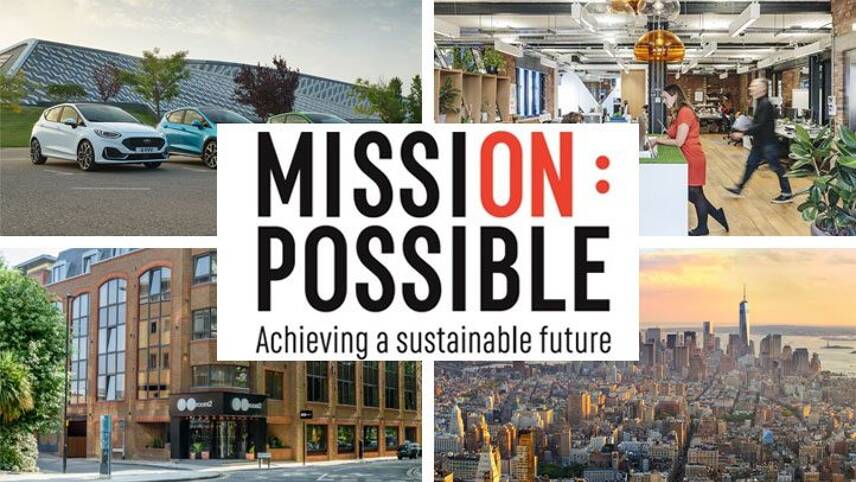
Published every week, this series charts how businesses and sustainability professionals are working to achieve their ‘Mission Possible’ across the campaign’s five key pillars – energy, resources, infrastructure, mobility and business leadership.
With time this week to reflect on Climate Week NYC, momentum continues to build towards COP26 in November. Businesses, governments and regions alike are all keen to showcase their green credentials in the meantime.
ENERGY: New York to funnel $36m into clean energy hubs
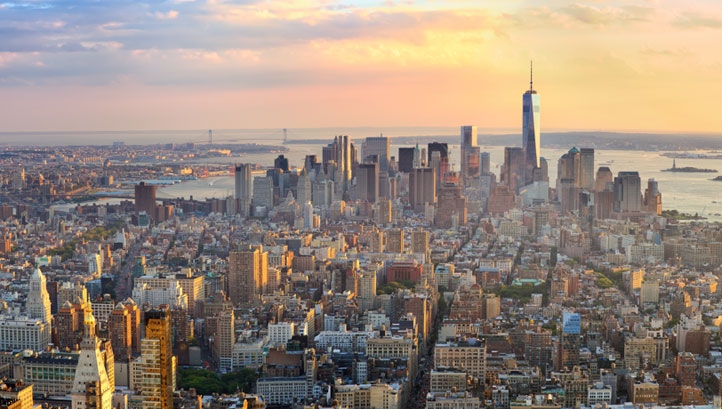
New York is targeting 70% renewables in its energy mix by 2030 and is striving to deliver a net-zero power sector by 2020, after the state expanded its clean energy standard last year.
In a step towards this vision, the state has confirmed a $36m investment into 10 local clean energy hubs – one for each Regional Economic Development Council (REDC) region. Hubs are set to address issues such as energy efficiency and affordability, and upskilling the energy sector’s workforce, as well as the low-carbon transition. Individuals and organisations focused on clean energy, energy efficiency, skills and training and social sustainability are being encouraged to participate in the development of their local hubs.
“The establishment of Clean Energy Hubs in every region of the state will help underserved communities with greater access to programs that can provide them with energy savings for their homes and businesses, as well as awareness of the growing demand for skilled labour in the energy industry,” Lieutenant Governor Brian Benjamin said.
“This new initiative will spark new collaborations and partnerships within communities across the state engaging those historically left behind and enabling them to take full advantage of New York’s thriving clean energy economy.”
RESOURCES: Pandora updates packaging, cutting plastic and emissions
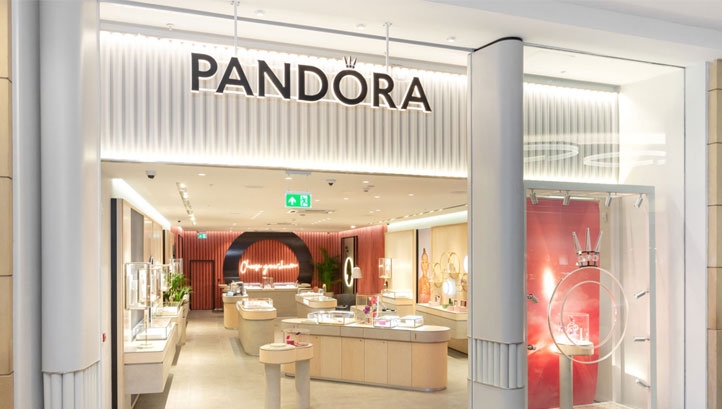
The world’s largest jewellery brand, Pandora, made headlines earlier this year with a commitment to switch to 100% lab-grown diamonds in the name of ethics and carbon reduction.
Now, the business has launched a new range of packaging with a lower carbon footprint and less plastics content in all US stores and most stores in Europe and Asia. The packaging portfolio includes plastic-free carrier bags and jewellery boxed with 75% less plastic than their predecessors. In the redesign process, lightweighting has occurred and the business has reduced the number of different materials, with the aim of improving recyclability. All paper used in the new packaging is certified as recycled and sustainably sourced.
Pandora estimates that the changes will reduce emissions associated with consumer-facing packaging by 60%. The company is notably aiming to reach net-zero by 2040 and has had interim targets approved by the Science-Based Targets Initiative (SBTi) in line with 1.5C.
MOBILITY: Ford confirms $11.4bn EV investment
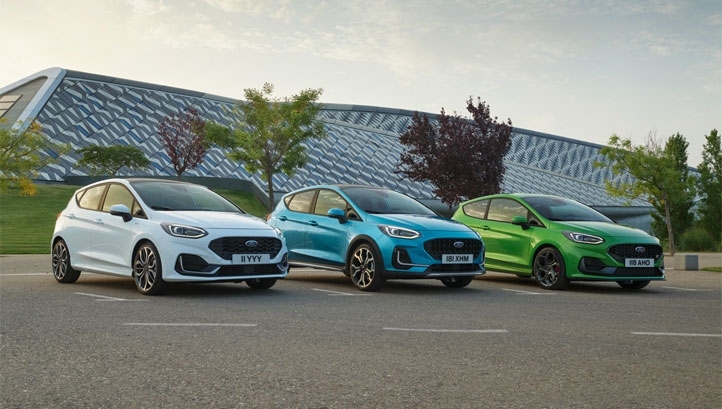
Earlier this year, automaker Ford updated its strategic vision, confirming that it will no longer sell petrol or diesel cars in Europe beyond 2030. Across all other geographies, it is hoping for electric vehicles (EVs) to account for half of new car sales by that date.
This update came with a pledge for $22bn of global investment by the end of 2025 and, this week, that figure was upped to $30bn as Ford confirmed plans to develop two new EV battery factories and a “mega campus” for EV research and development, at a total cost of $11.4bn.
You can read more about the plans in edie’s full coverage by clicking here.
“This is a transformative moment where Ford will lead America’s transition to EVs and usher in a new era of clean, carbon-neutral manufacturing,” said Ford’s executive chair Bill Ford.
“With this investment and a spirit of innovation, we can achieve goals once thought mutually exclusive – protect our planet, build great EVs Americans will love and contribute to our nation’s prosperity.”
THE BUILT ENVIRONMENT: Lamington Group sets whole-life net-zero carbon target for hometels
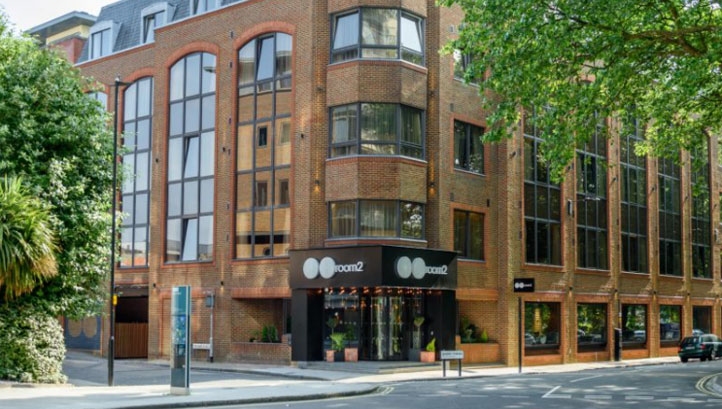
According to a recent report from the World Business Council for Sustainable Development (WBCSD) and Arup, less than 1% of building projects globally currently calculate and report on lifecycle emissions. This means that embodied carbon is often emitted from climate plans in the built environment space.
The good news is that many firms in the UK are striving to address this issue using the UK Green Building Council’s Whole Life Net-Zero framework. Real estate investor and developer Lamington Group has pledged to achieve the standard for all new ‘hometels’ – serviced apartments and boutique hotels that can be used for short breaks or as longer-term accommodation.
Measures to reduce emissions include procuring low-carbon materials, using innovative construction methods and only using renewable energy during construction and operations. Residual emissions will be addressed with carbon credits that finance nature-based projects.
Pictured: The room2 hometel in Southampton
BUSINESS LEADERSHIP: Kin + Carta Europe certifies as a B-Corp
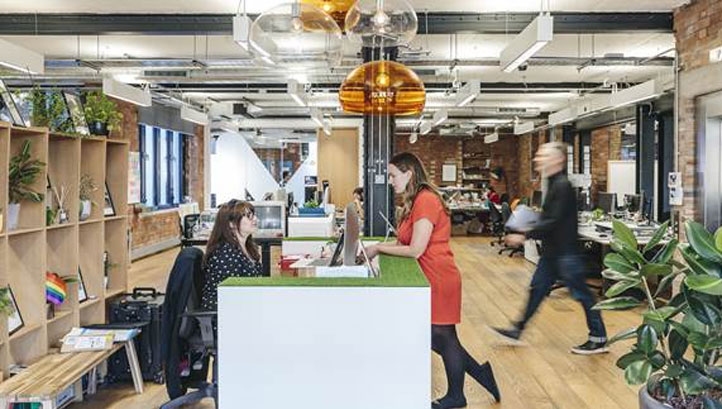
Globally, there are now more than 4,000 B-Corps, of which some 500 are UK-based. Certified UK-based firms include Bulb, The Guardian Media Group, BrewDog and innocent Drinks.
Joining this cohort of businesses this week is consultancy Kin + Carta Europe, which claims it is the first London-listed firm to achieve B-Corp status. Kin + Carta Americas had already achieved the certification in January.
To become a B-Corp, a business has to be assessed on its environmental impacts; impacts on the community; worker treatment; governance frameworks and interactions with customers. It must also reassess every three years.
“We operate on a triple bottom line of people, planet and profit,” said Kin + Carta Europe’s chief executive David Tuck. “Ticking all those boxes isn’t something any business can achieve overnight – for us, it means a very clear ambition and a huge amount of hard work from many people.”
Readers interested in learning more about the B-Corp certification process are encouraged to register for edie’s next free webinar, taking place at 2pm BST on Thursday (7 October).
This one-hour edie webinar, hosted in association with sustainability consultancy and edie’s B Corp partner, Seismic, will bring together a selection of certified B Corps to discuss how the process worked, what role the in-house sustainability and CSR teams have played, and benefits experienced so far. Click here for full details and to register.
Sarah George


*Building* a car, EV or fossil, makes typically 15 tons CO2 = 10-15 years of CO2 from using a fossil car. Up to 35 tons for an SUV – so why is Ford making and selling them? Global total 7.4m SUVs made = 250million tons CO2 per year.